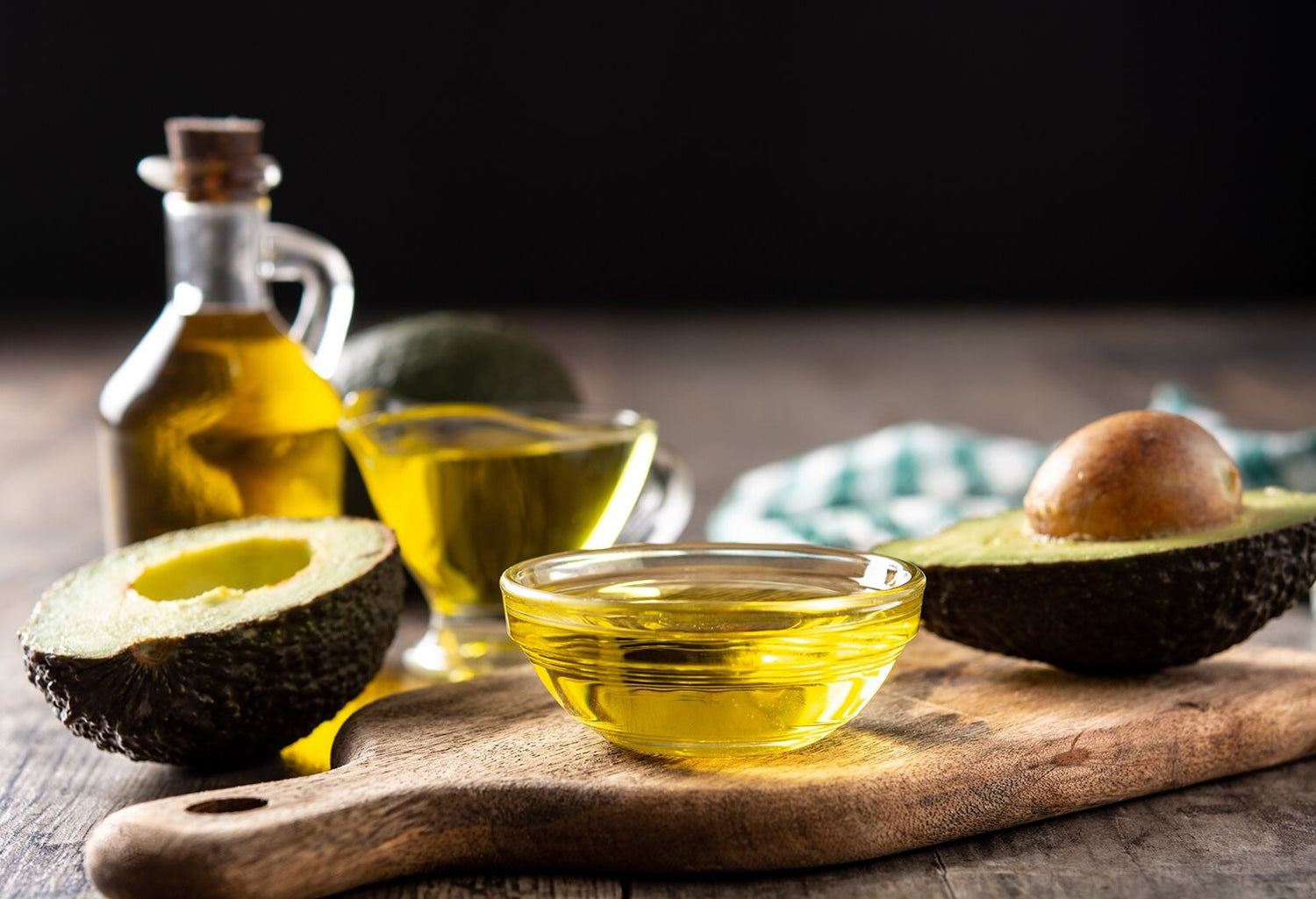Canola oil has been a staple in kitchens for many years, but recently, its reputation has come under scrutiny. Many people are questioning whether it's a healthy choice, sparking the debate: Why is canola oil bad for you? In this article, we will delve into the facts and myths surrounding this popular cooking oil.

Understanding the Origins of Canola Oil
To understand why canola oil might be bad for you, it's important to examine its origins. Canola oil is derived from the seeds of the canola plant, a modified version of the rapeseed plant. The name 'canola' is a combination of 'Canada' and 'ola,' referring to oil. It was developed in Canada in the 1970s to create a plant that yielded edible oil with low levels of erucic acid, a toxin found in rapeseed oil. For more insights, check our article on History of Cooking Oils.
Genetic Modification Concerns
One major concern associated with canola oil is that it often comes from genetically modified organisms (GMOs). While the safety of GMOs is a topic of much debate, many consumers prefer to avoid GMO products due to uncertainties about their long-term health impacts. Learn more in our guide on Understanding GMOs.

Refining Process and Health Implications
The refining process of canola oil also raises significant health concerns. To produce the oil, the seeds undergo a multi-step process involving mechanical pressing, solvent extraction, and high-temperature refining. This process can affect the oil's nutrient composition and introduce harmful substances. If you're interested in deep-cleaning your kitchen after using oils, here's a helpful guide from Martha Stewart.
Oxidation and Trans Fats
High-temperature refining causes canola oil to oxidize, leading to the formation of free radicals. Free radicals are unstable molecules that can damage cells and contribute to chronic diseases, including heart disease and cancer. Additionally, the refining process can create trans fats, which are known to increase the risk of heart disease. Discover more about How Refining Affects Oil.

Nutritional Profile: Pros and Cons
On the surface, canola oil appears to have a favorable nutritional profile. It's low in saturated fat and high in monounsaturated fats, which are considered heart-healthy. It also contains omega-3 and omega-6 fatty acids, which are essential for health. However, the balance of these fatty acids in canola oil may not be ideal.
Omega-6 to Omega-3 Ratio
The typical Western diet already includes an excess of omega-6 fatty acids, which can promote inflammation when not balanced with omega-3s. Canola oil contributes to this imbalance, making it a less than optimal choice for those trying to maintain a healthy ratio of these fatty acids. For more tips on balancing your diet, visit Balancing Omega Fats.

Health Risks Linked to Canola Oil
Given these factors, it's no surprise that various health risks have been attributed to canola oil. Some studies have linked canola oil consumption to increased inflammation, poor heart health, and adverse effects on memory and liver function.
Inflammation and Chronic Disease
Chronic inflammation is a root cause of many diseases, including heart disease, diabetes, and cancer. Some research suggests that canola oil may contribute to inflammation due to its high omega-6 content and the potential presence of trans fats. Learn more about How to Reduce Inflammation.
Better Alternatives to Canola Oil
If the potential downsides of canola oil have you reconsidering its use, you're not alone. Fortunately, there are several healthier alternatives you can use in your cooking.
Extra Virgin Olive Oil
High in monounsaturated fats and antioxidants, extra virgin olive oil is an excellent alternative. Its especially good for low to medium-heat cooking and salad dressings.
Coconut Oil
While high in saturated fats, coconut oil contains medium-chain triglycerides (MCTs) which can boost metabolism and provide quick energy. Its suitable for high-heat cooking and imparts a pleasant flavor to dishes.
Avocado Oil
Avocado oil is another heart-healthy option. Its rich in monounsaturated fats and has a high smoke point, making it versatile for various cooking methods.
Conclusion: Making Informed Choices
The question, Why is canola oil bad for you? doesnt have a straightforward answer. While it does have some redeeming qualities, the potential health risks associated with its production and fatty acid profile cannot be ignored. By understanding these factors, you can make more informed choices about the oils you use in your kitchen.
For further reading on choosing healthier cooking oils, you might find this page helpful.
FAQs
Is canola oil really that bad for you?
While canola oil has certain benefits, such as being low in saturated fat, concerns about its production process and fatty acid composition make it a less favorable option for some people.
What are the main health risks of canola oil?
The primary health risks include increased inflammation, the presence of trans fats, and an imbalance of omega-6 to omega-3 fatty acids, which can contribute to chronic diseases.
What are better alternatives to canola oil?
Healthier alternatives include extra virgin olive oil, coconut oil, and avocado oil, each of which offers unique health benefits and versatility for cooking.
As an Amazon Associate, I earn from qualifying purchases.






Leave a comment
This site is protected by hCaptcha and the hCaptcha Privacy Policy and Terms of Service apply.